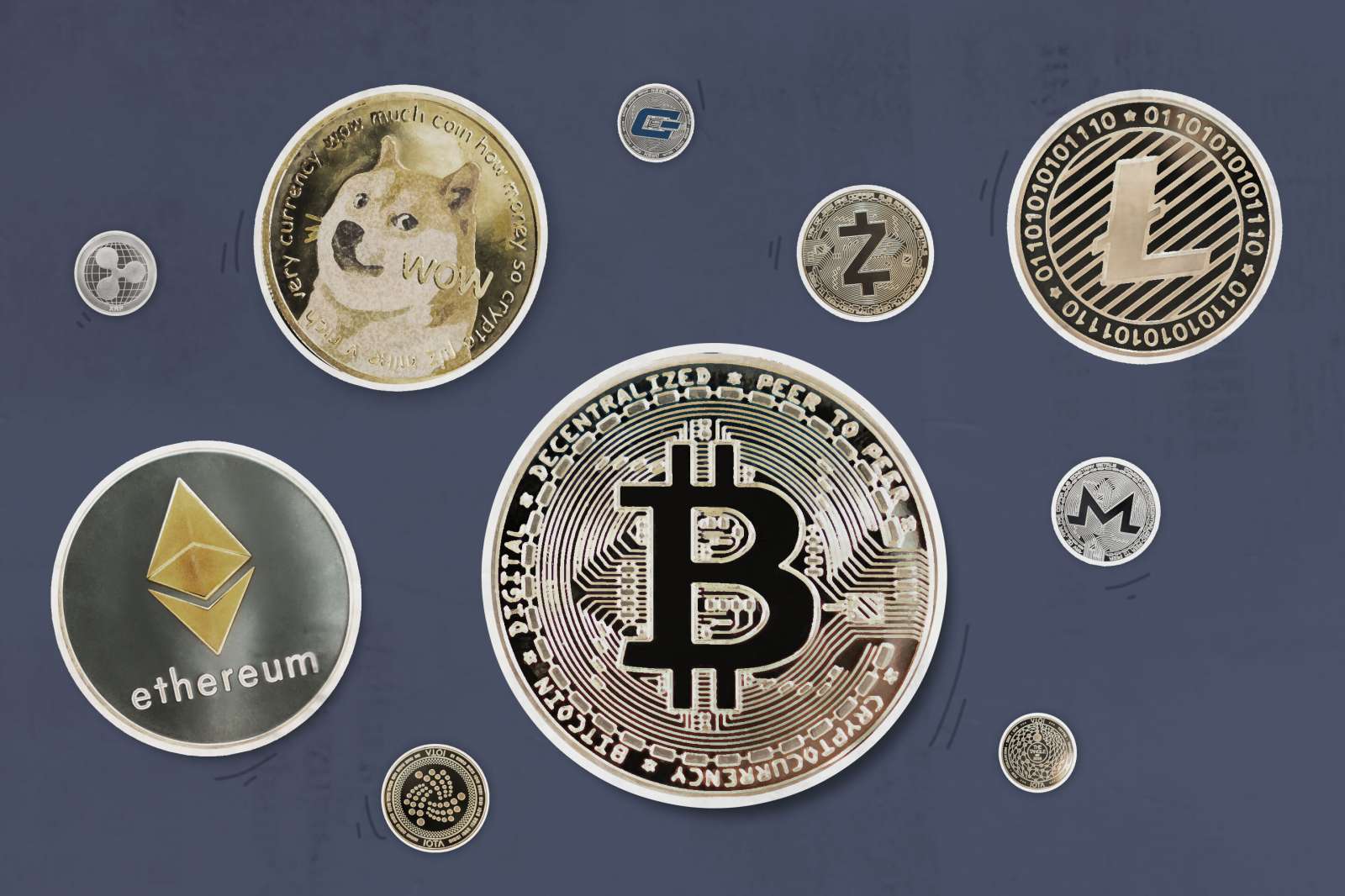The specific composition of digital currency
- 全网都在看Original
- 2024-04-22 11:37:59442browse
Digital currency consists of the following components: 1. Blockchain: a digital ledger that records transactions; 2. Cryptocurrency: a decentralized digital asset based on the blockchain; 3. Token: based on a specific blockchain Trading assets; 4. Wallet: software or equipment for storing and managing digital assets; 5. Exchange: a platform for buying and selling digital currencies; 6. Merchant support: companies that accept digital currency payments; 7. Regulatory framework: to deal with digital currency risks government measures. By understanding these components, we can grasp the nature of digital currencies and their impact on the global economy.

The specific composition of digital currency
Digital currency is a digital representation of value that can be used to exchange goods and services. Instead of having to use traditional currencies such as cash or bank deposits. It has the following main components:
1. Blockchain technology
Blockchain is a decentralized, immutable digital ledger that records all transactions information. It creates a secure network that ensures the integrity and transparency of digital currencies.
2. Cryptocurrency
Cryptocurrency is a digital asset created using cryptography and blockchain technology. They are the main form of digital currency and are decentralized and anonymous.
3. Tokens
Tokens are tradable assets built on a specific blockchain platform. They can represent various uses, such as accessing specific services, redeeming goods, or as investment vehicles.
4. Wallet
A digital currency wallet is a software or hardware device that stores, sends and receives digital assets. They typically offer security and convenience, allowing users to manage their digital currencies.
5. Exchange
Digital currency exchanges are platforms that allow users to buy, sell and exchange various digital currencies. They provide liquidity and enable traders to switch assets easily.
6. Merchant support
The popularity of digital currency requires merchant support. More and more businesses are accepting digital currencies as payment methods, expanding their customer base and streamlining transaction processes.
7. Regulatory Framework
With the rise of digital currencies, many governments have taken steps to develop regulatory frameworks. These frameworks are designed to address money laundering, terrorist financing and other risks associated with digital currencies.
By understanding these components, we can understand the complexity and potential of digital currencies. The fusion of these technologies and concepts creates a new way of exchanging value that is changing the global economic landscape.
The above is the detailed content of The specific composition of digital currency. For more information, please follow other related articles on the PHP Chinese website!

